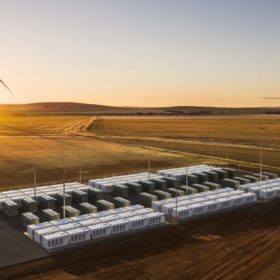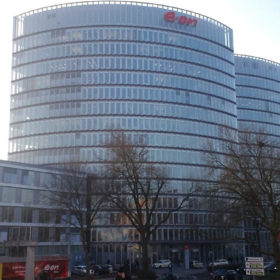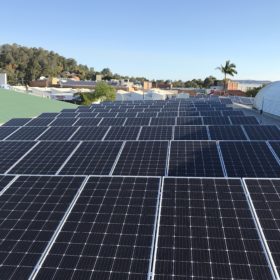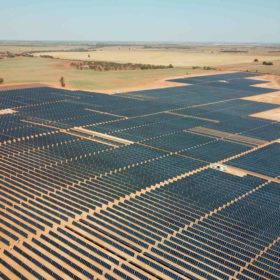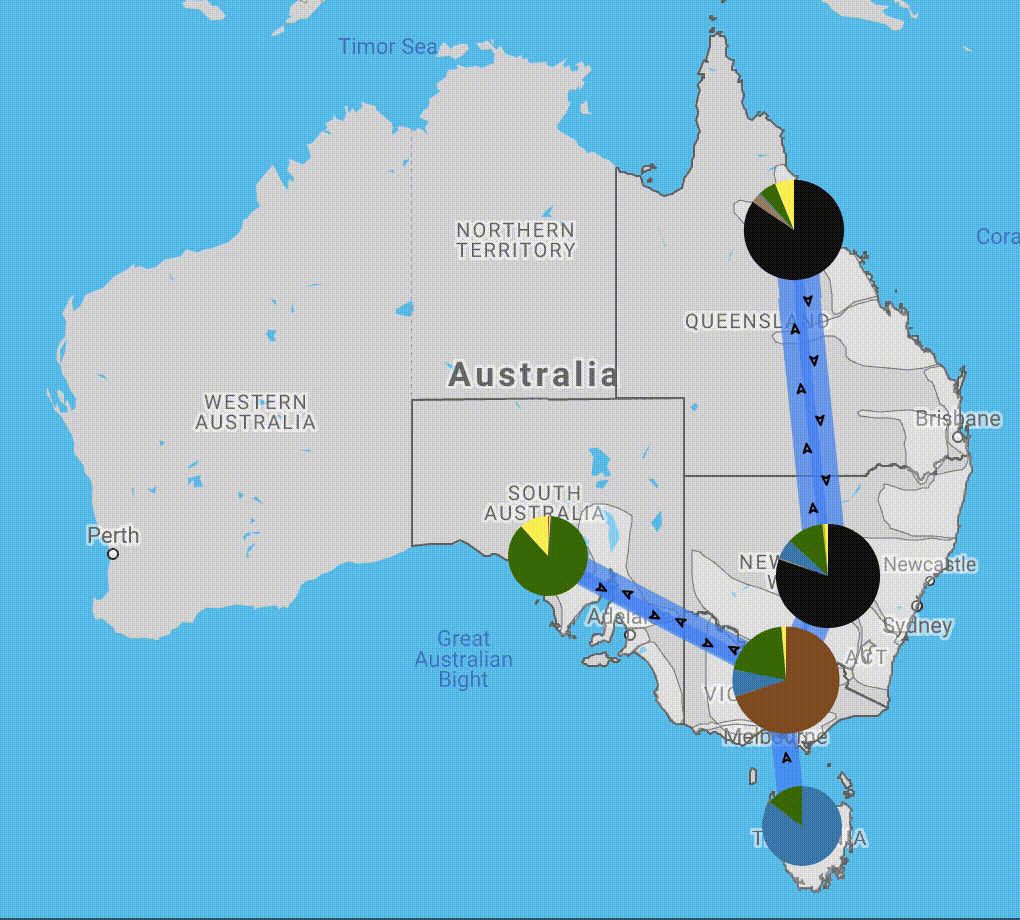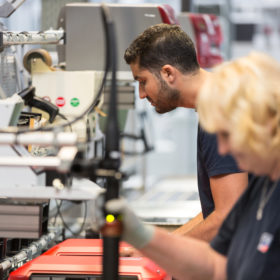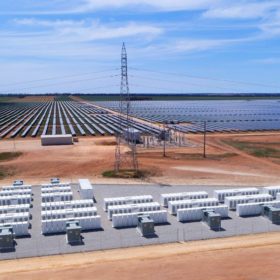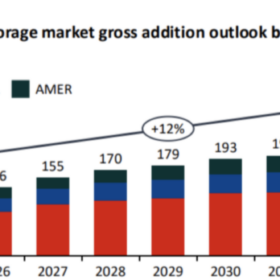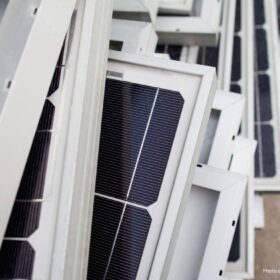Western Australia opens Renewable Hydrogen Fund
The Western Australian Government has launched a $10 million Renewable Hydrogen Fund in a bid to drive a new job-creating industry harnessing the state’s renewable resources. The fund’s strategic focus areas will be export, remote applications, blending in gas network and transport.
Long read: Is Neoen’s massive SA hybrid renewables plant feasible?
French renewable developer Neoen’s proposed hybrid power plant in South Australia is a monster, but is it a monster we can believe in? Along with industry experts we investigate the feasibility of Neoen’s Goyder South project.
EU approves Eon’s bid to take over Innogy
It took a while, but now the energy giants can finalize the mega deal. Rival energy companies have criticized approval of the deal amid fears Eon could dominate the German market.
Another Victoria solar rebate offering taken up in minutes
September’s second round offering was snapped up in under half an hour, signaling there is still a long way to go before supply catches up with demand.
Victoria introduces new solar farm guidelines to all planning schemes
New planning guidelines for large scale solar development in Victoria are now part of all state planning schemes. The Victorian government hopes to deliver consistent guidance in terms of choosing the right locations for solar development and encourage investment as it moves towards its 50% renewables goal by 2030.
ITP Renewables releases free open-source modelling platform for the energy transition
ITP Renewables has released Version 1 of open-CEM, an open-source modelling platform that allows users play out tailored made energy-transition scenarios on the National Electricity Market (NEM) for years simulated up to 2050. The platform is an extraordinary tool for investors, policy makers, project developers and the public.
VB has a hard earned thirst for solar PV
Carlton & United Breweries’ (CUB) iconic Aussie beer Victoria Bitter (VB) is shifting to solar energy in 2020. The brewer made the announcement in typical fashion, with an iconic ad campaign.
ACT to phase out natural gas, pursue electrification of transport
After it had contracted enough generation to future-proof its 100% renewables target, the Australian Capital Territory has unveiled the next phase of its strategy towards zero net emissions with several nation-first policies.
SMA: We can’t be credible if we’re not sustainable
Credibility comes not just from offering products that generate clean electricity, but also from the way in which those products are manufactured, says SMA Solar Technology CEO Jürgen Reinert. Here, transparency and sustainability are key. That’s why one of the world’s largest PV inverter producers has partnered with pv magazine’s UP sustainability initiative. In the following Q&A, Reinert lays out what SMA is doing to step UP its green game.
Jolted: AEMO radically curtails output of five large solar farms
In reaction to voltage fluctuations in the Victorian and NSW 220 kV network, AEMO on Friday constrained the output of a number of large-scale solar generators by 50%.

